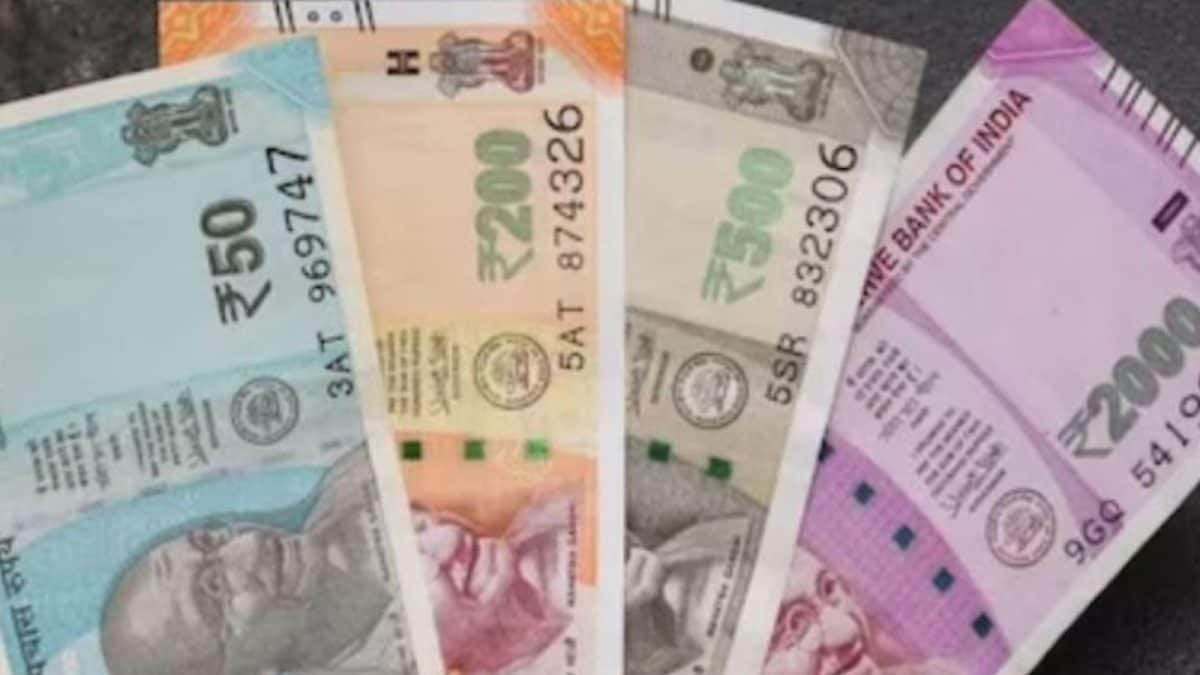- USD/JPY depreciates as the US Dollar struggles after Trump threatened to remove Fed Governor Lisa Cook.
- Trump also threatened additional tariffs and export controls in retaliation against digital services taxes.
- Public support increased for Japanese Prime Minister Ishiba despite his ruling coalition’s loss in July’s election.
USD/JPY retraces its recent gains registered in the previous session, trading around 147.30 during the Asian hours on Tuesday. The pair depreciates as the US Dollar (USD) faces challenges amid concerns over Federal Reserve (Fed) independence after the US President Donald Trump threatened to remove Fed Governor Lisa Cook.
President Trump posted a letter on social media early Tuesday, saying that he was removing Fed Governor Cook from her position on the Fed’s board of directors. Cook’s exit will allow Trump to tap a replacement, helping him to exert more control over Fed policy, per Reuters.
Additionally, Trump threatened “subsequent additional tariffs” and export restrictions on advanced technology and semiconductors in retaliation for digital services taxes that hit American technology companies, per Bloomberg.
Market sentiment turned cautious after President Trump, in an Oval Office meeting with South Korean President Lee Jae Myung on Monday, warned that he may impose a 200% tariff on Chinese goods if China refuses to supply magnets to the United States (US), amid Beijing’s tighter control over rare earth mining.
The Japanese Yen (JPY) could gain ground amid increasing stability in Japanese domestic politics, with improving public approval after Japan reached a trade deal with the United States (US) and the announcement of increasing rice production.
Reuters cited a Yomiuri newspaper public opinion poll on Monday, showing a 20% rise in support for Japanese Prime Minister Shigeru Ishiba despite his ruling coalition losing its majority in July’s parliamentary election. Support for Ishiba’s cabinet rose to 39%, marking a 17% jump from last month’s post–upper house election survey.
Japanese Yen FAQs
The Japanese Yen (JPY) is one of the world’s most traded currencies. Its value is broadly determined by the performance of the Japanese economy, but more specifically by the Bank of Japan’s policy, the differential between Japanese and US bond yields, or risk sentiment among traders, among other factors.
One of the Bank of Japan’s mandates is currency control, so its moves are key for the Yen. The BoJ has directly intervened in currency markets sometimes, generally to lower the value of the Yen, although it refrains from doing it often due to political concerns of its main trading partners. The BoJ ultra-loose monetary policy between 2013 and 2024 caused the Yen to depreciate against its main currency peers due to an increasing policy divergence between the Bank of Japan and other main central banks. More recently, the gradually unwinding of this ultra-loose policy has given some support to the Yen.
Over the last decade, the BoJ’s stance of sticking to ultra-loose monetary policy has led to a widening policy divergence with other central banks, particularly with the US Federal Reserve. This supported a widening of the differential between the 10-year US and Japanese bonds, which favored the US Dollar against the Japanese Yen. The BoJ decision in 2024 to gradually abandon the ultra-loose policy, coupled with interest-rate cuts in other major central banks, is narrowing this differential.
The Japanese Yen is often seen as a safe-haven investment. This means that in times of market stress, investors are more likely to put their money in the Japanese currency due to its supposed reliability and stability. Turbulent times are likely to strengthen the Yen’s value against other currencies seen as more risky to invest in.







